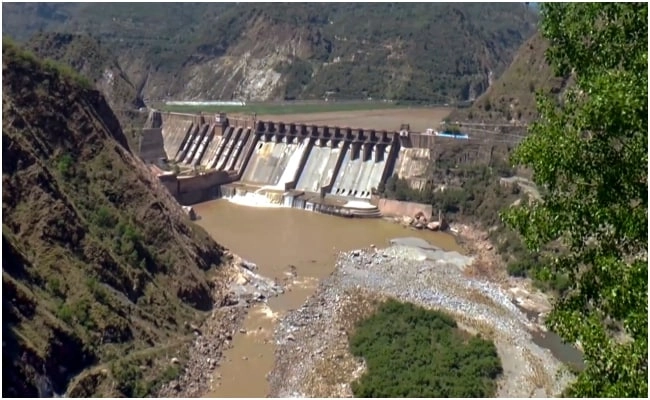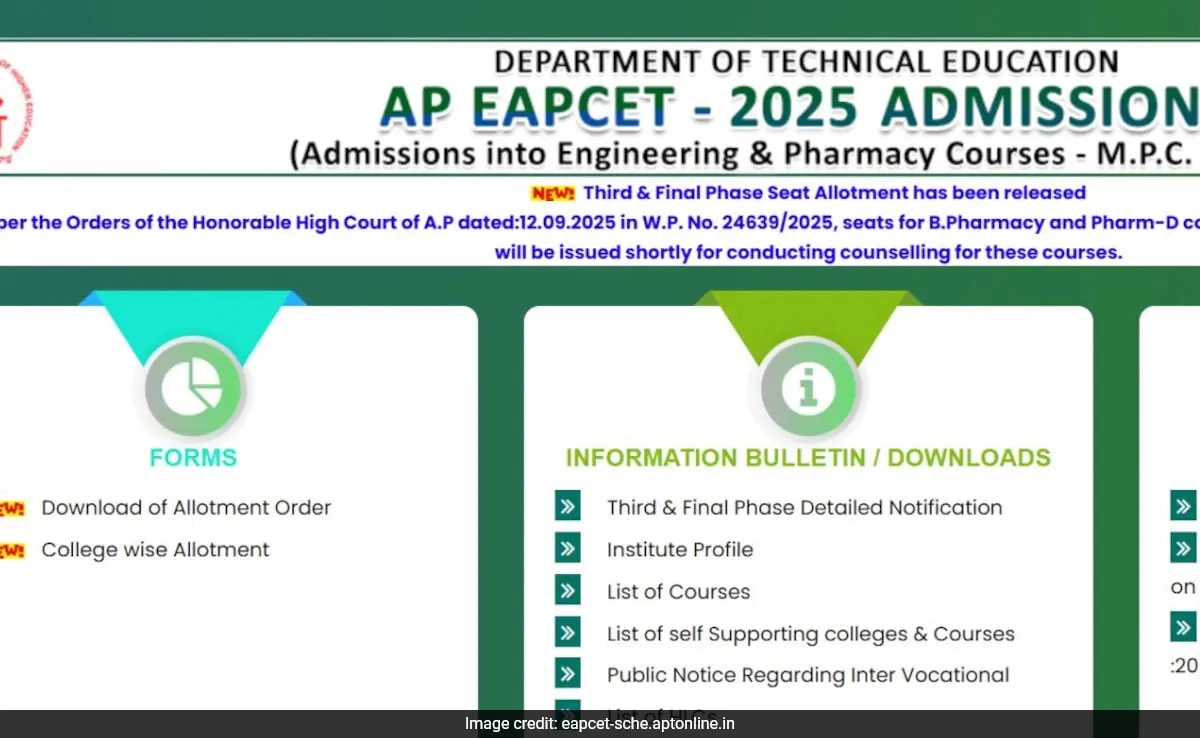In response to the recent suspension of the Indus Waters Treaty, India has embarked on an ambitious plan to initiate six new reservoir flushing projects aimed at better management of its water resources. This significant move comes as tensions rise between India and Pakistan regarding water distribution from the Indus River system, which has long been a contentious issue between the two nations. The treaty, established in 1960, was designed to allocate river water between the two countries, but recent geopolitical developments have prompted India to reassess its water management strategies.
The six reservoir flushing projects will focus on enhancing the capacity and efficiency of existing water infrastructure, ensuring that India can effectively manage its water resources in light of potential changes to the treaty’s status. These projects are expected to involve the construction of new reservoirs, upgrades to existing ones, and the implementation of advanced technologies to optimize water flow and storage. By investing in these initiatives, India aims to mitigate the risks associated with water scarcity and ensure a more sustainable supply for its agricultural and urban needs.
In addition to addressing immediate water management concerns, these projects reflect India’s broader strategy to assert its rights over its water resources amid ongoing tensions with Pakistan. The country’s decision to proceed with these initiatives signals a commitment to safeguarding its water security and highlights the significance of water as a critical resource in the region. As the situation evolves, the impact of these projects on regional water dynamics and relations between India and Pakistan will be closely monitored, as they could either exacerbate existing tensions or serve as a catalyst for dialogue on water-sharing agreements.
Ultimately, the success of these reservoir flushing projects will depend on careful planning, implementation, and communication with neighboring countries to ensure that they do not further inflame tensions in an already fragile geopolitical landscape. As India moves forward with this proactive approach to water management, it underscores the need for collaborative solutions to shared water resources, which are essential for the stability and prosperity of the region as a whole.




